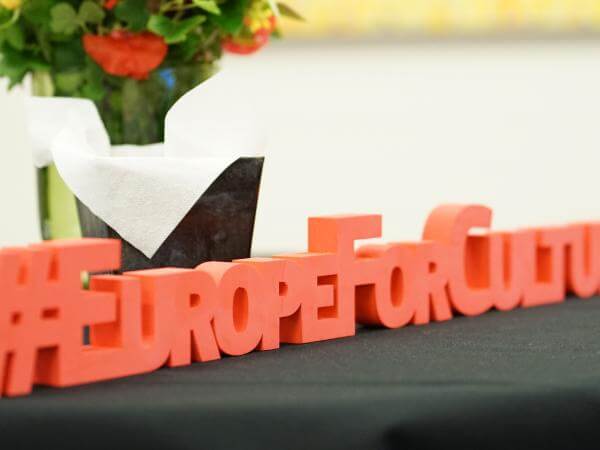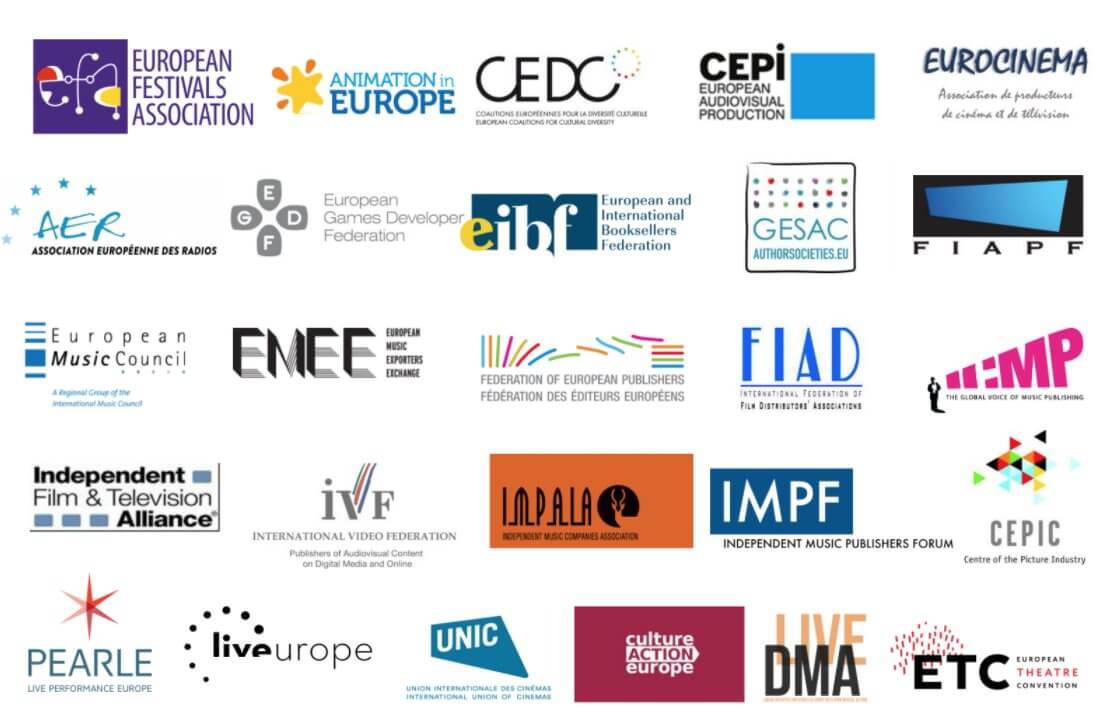Discussing the impacts of Coronavirus crisis on the book chain
EIBF co-President Fabian Paagman participates in an online debate on the impact of Coronavirus pandemic on the book chain
The COVID-19 pandemic has had a huge impact on the book sector around the world. International Publishers Association hosted an online discussion with representatives from across the book chain to highlight how the pandemic has impacted the sector under the title ‘From Author to Bookshop: Coronavirus and the Publishing Chain’.
EIBF co-President Fabian Paagman joined the debate, together with the President of the International Publishers Association Hugo Setzer and Chair of the International Authors Forum John Degen. The debate was moderated by Porter Anderson, Editor in chief of Publishing Perspectives.

The impacts on bookselling industry are enormous
Booksellers are in a vulnerable position, on one hand standing at the end of the book chain, but at the same time, they are at the forefront of the customer relationship. Thus, they are directly impacted and affected by a change in consumer behaviour, which happened almost instantly when the lockdowns were announced in various countries.
Fabian highlighted the struggles many booksellers are facing during the discussion: “This is affecting booksellers in ways they have never experienced before. All of a sudden, they have to not only be innovative and think of new business models, but also have to find practical ways of implementing health and hygiene regulations and serve customers in totally different ways than what they are used to.”
Celebrating the innovation and empathy
While this is a complex situation, where to certain extent we have to learn as we go, we have seen numerous innovative initiatives implemented by the booksellers to continue supporting and engaging with their communities. On the other hand, we have also seen a huge amount of empathy from readers and customers, making huge efforts and being willing to find ways and reach out bookshops, especially to small and independent bookshops.
“We see this not just in pick up and book deliveries that started during lockdown, but also in the shift to online sales that benefitted those same indie bookshops. We are hoping that we can keep that momentum going and for people to find ways to independent brick and mortar stores,” said Fabian.
Improved collaboration
Fabian also highlighted support booksellers have received from the book sector, from authors hosting online readings and helping to deliver books to customers, to publishers who have announced bookstore assistance programmes.
The speakers all agreed that this crisis has brought them all together. It is vital this collaboration continues to help mitigate any delayed effects further down the line.
Missed the event?
Watch the recording here.















